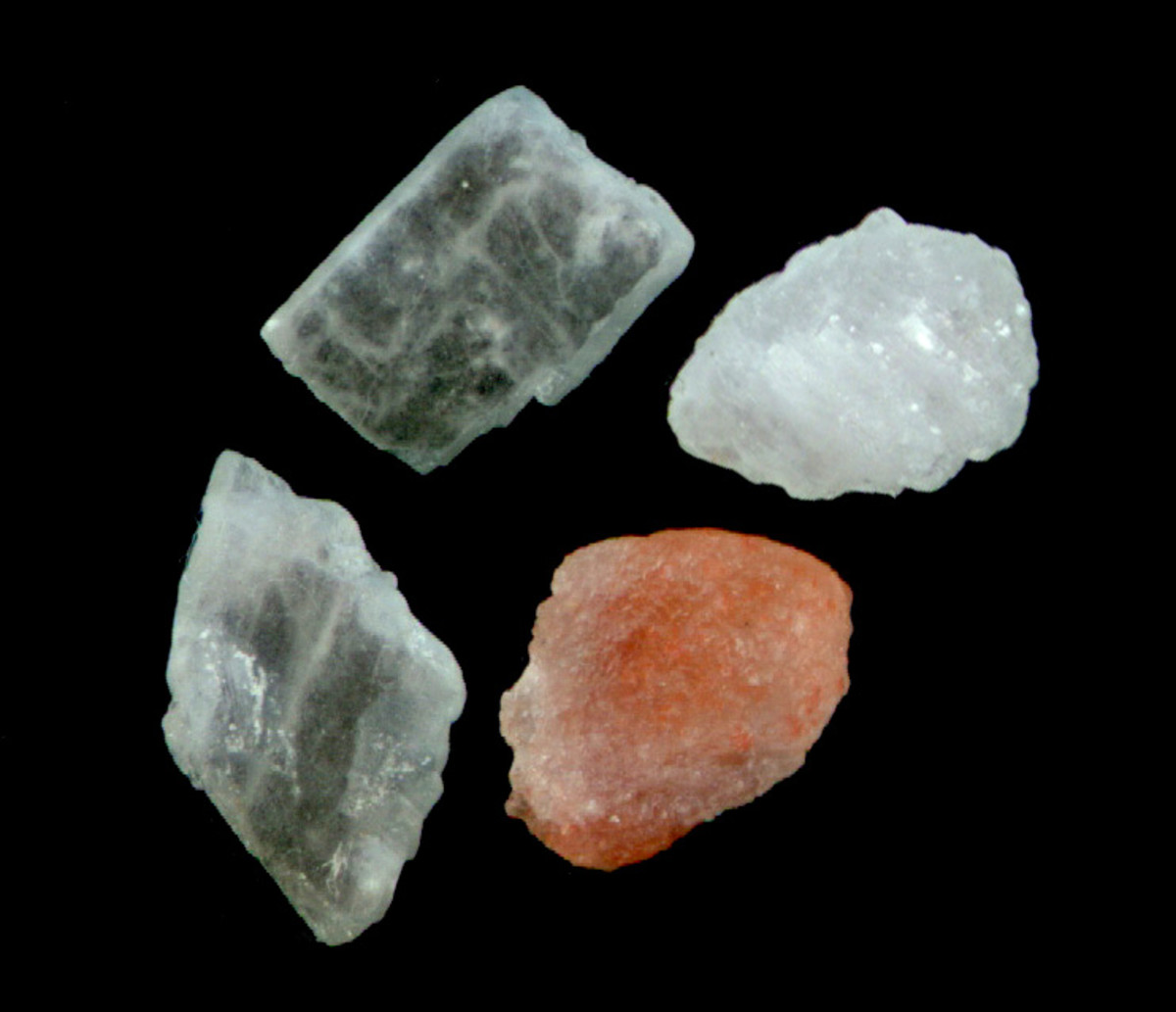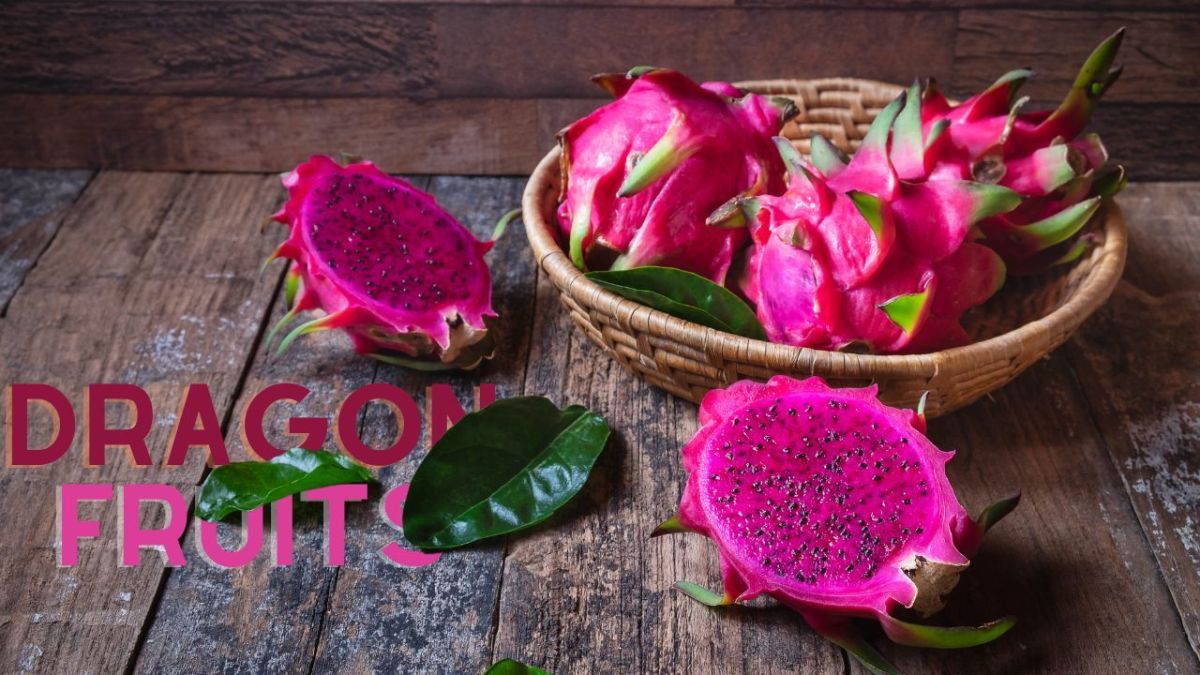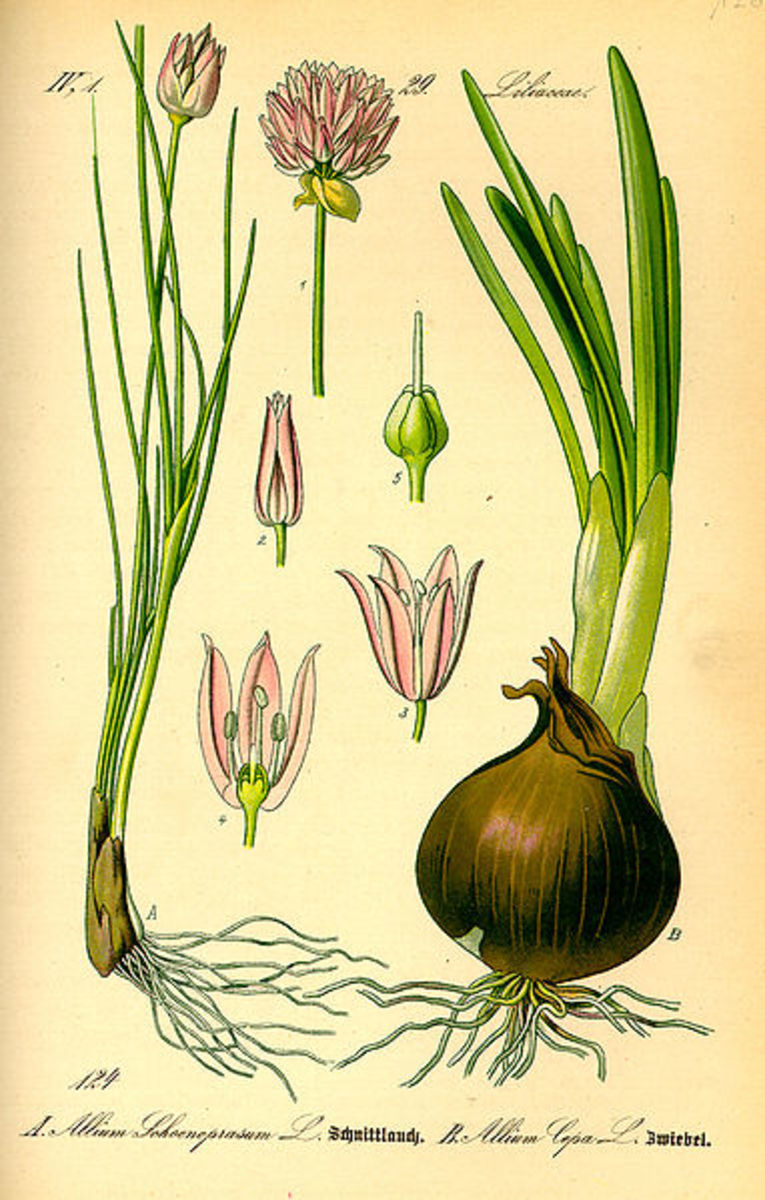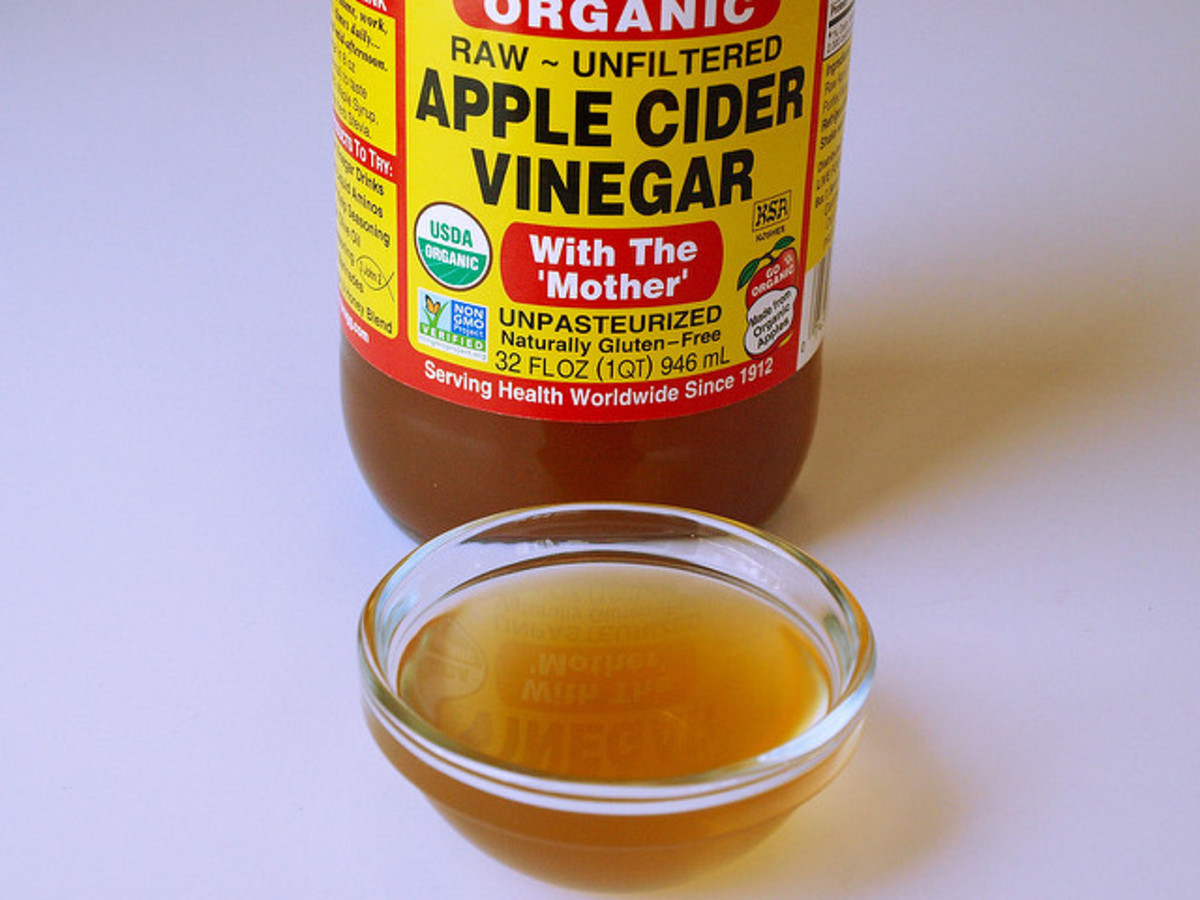- HubPages»
- Health»
- Alternative & Natural Medicine»
- Alternative & Natural Supplements
Health Benefits Of Spirulina

Health Benefits Of Spirulina
Spirulina is a blue-green algae which is believed to be the first form of plant life on earth, nearly 3.6 billion years old. It's an outstanding mix of vitamins, minerals and nutrients, with the richest source of vegetable protein (over 60%). Spirulina is considered to be an ideal 21st Century food or food supplement. It's available in tablets and powder.
Named because of its spiral shape, Spirulina has gained prominence as nature's green superfood. It has a long history of safe human consumption and over 30 years of safety testing. It's most powerful health benefits lie in the ability to stimulate and maintain immune system activity.
Spirulina contains the most remarkable concentration of nutrients known in any food, plant, grain or herb. It has the highest concentration of beta carotene, vitamin B-12, iron, trace minerals and the rare essential fatty acid GLA. It contains vitamin B1 (thiamine), B2 (riboflavin), B3 (nicotinamide), B6 (pyridoxine), B9 (folic acid), B12 (cyanocobalamin), vitamin C, vitamin D, and vitamin E. 3-10 grams a day as a nutritional supplement delivers impressive amounts of vitamins, iron, essential trace minerals, beta carotene and gamma-linolenic acid. Beyond vitamins and minerals, it's also a super antioxidant.
Spirulina is good for both children and adults. It can help with a wide variety of ailments and conditions such as insomnia, muscle pain, memory impairment, acne, eczema, heart malfunctions, scurvy, constipation, hemorrhoids, gout, dermatitis, heart diseases, stomatitis, hypertension, anemia, diabetes, premature ageing, fatigue, menstrual irregularities, kidney diseases, deteriorating vision, and is also good for different kinds of cancer, tumors and dengue.
Today, spirulina is consumed by health conscious people all over the world. If you are moving away from empty processed food and chemical vitamins, think spirulina.








